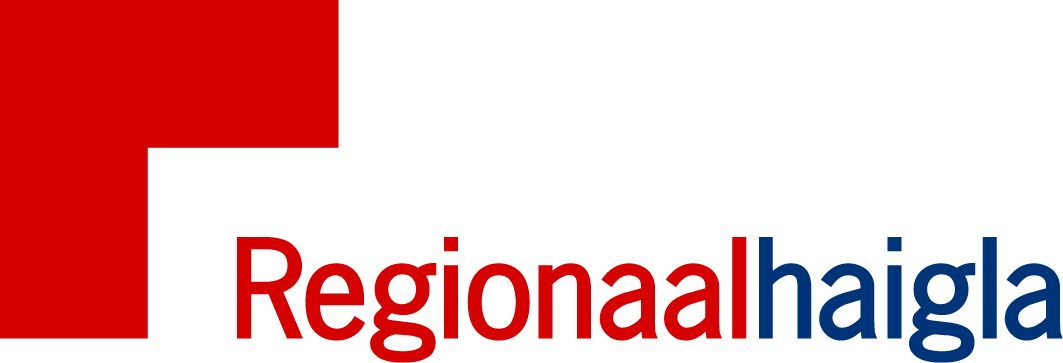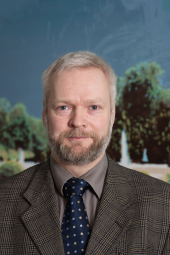The 6th department of the Psychiatry Clinic of North Estonia Medical Centre or the day treatment department for dual diagnosis patients offers integrative treatment and rehabilitation options for patients who have a psychiatric illness as well as a co-occurring drug or alcohol abuse problem.
The department staffs three psychiatrists, three psychologists, one creative therapist and one nurse, a social worker, and an assistant. An occupational therapist, a nursing director, a caregiver, and a housekeeper also work at the department.
We operate as a day inpatient centre
The department functions as a day inpatient centre and can accommodate up to 18 patients at a time. As we do not offer overnight stay for patients, most of the patients are from Tallinn. The duration of the treatment and number of visits is not limited; generally, a treatment cycle is three months. In some cases, prior interruption therapy and rehabilitation at an inpatient medical institution is required. A referral from a psychiatrist is required for treatment.
The department continues the activities of the day centre for dual diagnosis patients which was launched in 2005 in cooperation between the Ministry of Social Affairs, the National Institute for Health Development, and the city of Tallinn. Drug and alcohol abuse among patients with mental disorders is common and may exacerbate or worsen mental disorders. Since the early 1990s, standard worldwide practice is to arrange care for dual diagnosis patients so that they do not have to seek out separate psychiatric or drug abuse treatment.
Our basic principle is that we take into account the characteristics of each individual patient and their individual treatment needs. Through timely and appropriate interventions, we try to allow patients with psychological problems to cope better, re-integrate them into society and prevent new flare-ups of the disease, and avoid drug and alcohol use and the spread of infectious diseases. To do so, we apply all of the evidence-based methods at our disposal, including individual and group therapy, and involve the patient’s family in the treatment process.
Since September 2016, the department has also participated in the ‘Kainem ja tervem Eesti’ (‘Sober and Healthy Estonia’) programme organised by the National Institute for Health Development.
Additional information: http://www.tai.ee/et/kainem-ja-tervem-eesti

